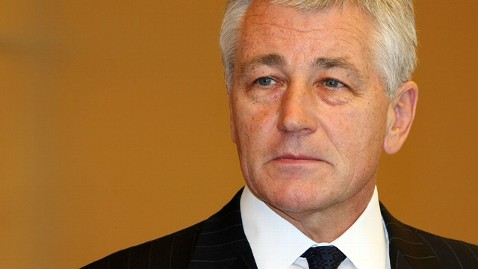Accused Aurora movie theater gunman James Holmes bought his movie ticket 12 days before the shooting, it was revealed in court today during the emotional first day of a preliminary hearing.
Aurora Police Department homicide detective Matthew Ingui testified that there is no video surveillance of the actual shooting, but there are several photos of Holmes checking into the theater kiosk with his cellphone. He scanned his phone three times.
Surveillance footage shown in court for the first time also showed Holmes lingering by the concession stand for about three minutes before entering theater nine dressed in dark pants, a light colored shirt and a skull cap. He would later be caught wearing a bullet proof vest and a gas mask.
Another video showed the lobby the moment theater staff heard shots ring out. Some of them ducked behind counters as people started streaming out of the front door.
Ingui also testified about the positions of the bodies in the theater, strewn across seats and aisles.
Click here for full coverage of the Aurora movie theater shooting.
Holmes is accused of killing 12 people and wounding dozens more in the movie theater massacre.
Earlier in the day, two veteran police officers broke down on the stand, with one officer choking up when he described finding the body of a 6-year-old girl inside the theater.
Sgt. Gerald Jonsgaard needed a moment to compose himself as he described finding the little girl, Veronica Moser Sullivan, in the blood splattered theater.
Police Testify at Hearing for Accused Colorado Gunman Watch Video
James Holmes Tries to Harm Himself, Sources Say Watch Video
Aurora, Colorado Gunman: Neuroscience PhD Student Watch Video
An officer felt for a pulse and thought Veronica was still alive, Jonsgaard said, but the officer then realized he was feeling his own pulse.
The officers wiped away tears as they described the horror they found inside of theater nine.
Officer Justin Grizzle recounted seeing bodies lying motionless on the floor, surrounded by so much blood he nearly slipped and fell.
Grizzle, a former paramedic, says ambulances had not yet made it to the theater, so he began loading victims into his patrol car and driving to the hospital.
"I knew I needed to get them to the hospital now, " Grizzle said, tearing up. "I didn't want anyone else to die."
Grizzle drove six victims in four trips, saying that by the end there was so much blood in his patrol car he could hear it "sloshing around."
An officer who took the stand earlier today described Holmes as "relaxed" and "detached" when police confronted him just moments after the shooting stopped.
The first two officers to testify today described responding to the theater and spotting Holmes standing by his car at the rear of the theater on July 20, 2012. He allegedly opened fire in the crowded theater during the midnight showing of "The Dark Knight Rises."
Officer Jason Oviatt said he first thought Holmes was a cop because he was wearing a gas mask and helmet, but as he got closer realized he was not an officer and held Holmes at gunpoint.
Throughout the search and arrest, Holmes was extremely compliant, the officer said.
"He was very, very relaxed," Oviatt said. "These were not normal reactions to anything. He seemed very detached from it all."
Oviatt said Holmes had extremely dilated pupils and smelled badly when he was arrested.
Officer Aaron Blue testified that Holmes volunteered that he had four guns and that there were "improvised explosive devices" in his apartment and that they would go off if the police triggered them.
Holmes was dressed for the court hearing in a red jumpsuit and has brown hair and a full beard. He did not show any reaction when the officers pointed him out in the courtroom.
This is the most important court hearing in the case so far, essentially a mini-trial as prosecutors present witness testimony and evidence -- some never before heard -- to outline their case against the former neuroscience student.
The hearing at the Arapahoe County District Court could last all week. At the end, Judge William Sylvester will decide whether the case will go to trial.










